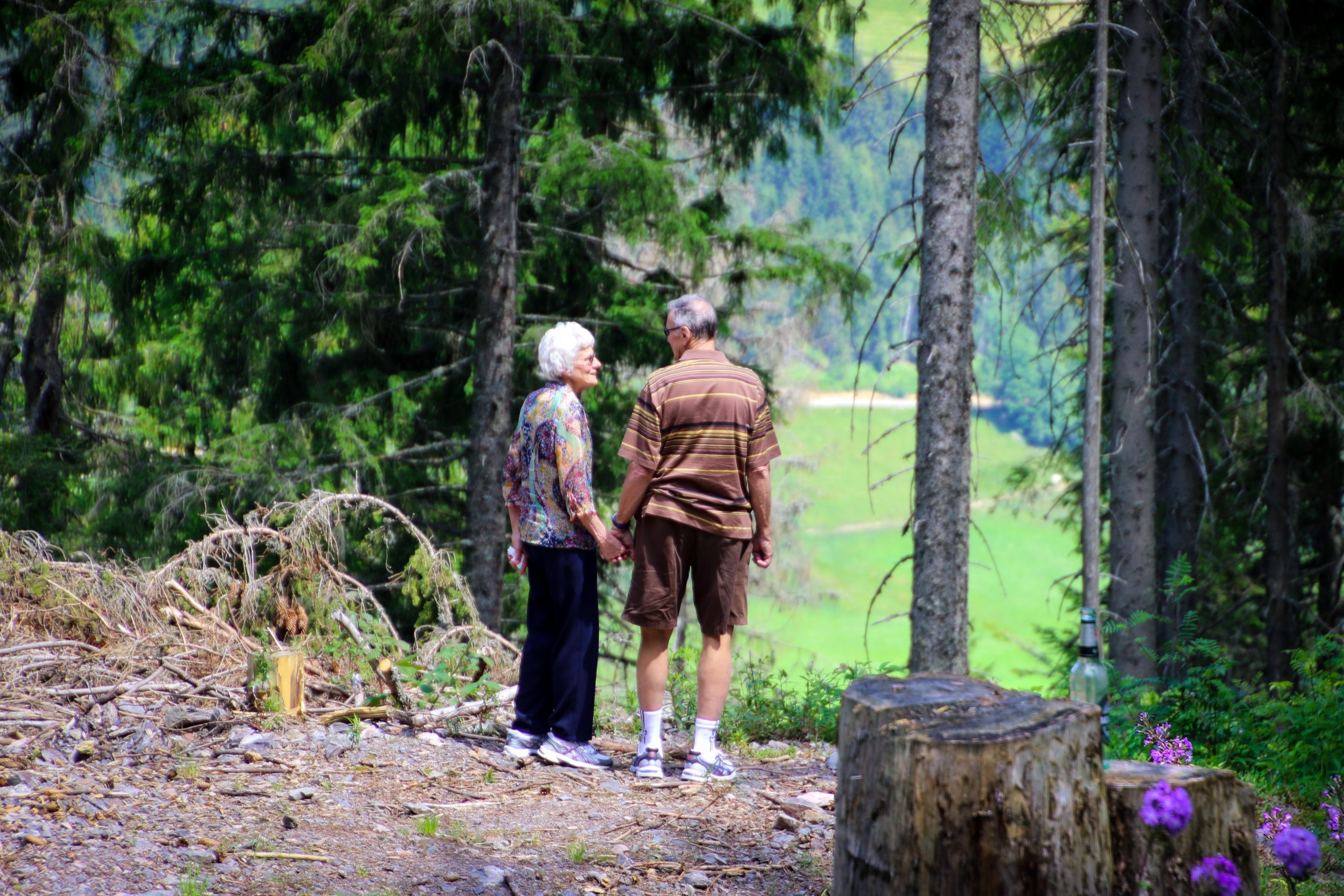The Role of Museums in Preserving Cultural Heritage

The image is not directly related to the article. It merely symbolizes the life of elderly people.
The Role of Museums in Preserving Cultural Heritage
What is the importance of museums in preserving cultural heritage?
Museums play a crucial role in preserving cultural heritage by collecting, safeguarding, and displaying objects and artifacts that hold significant historical, artistic, scientific, or cultural value. They serve as repositories of our collective memory, allowing us to connect with our past and understand our present. Museums also contribute to the transmission of knowledge and the education of future generations.
How do museums contribute to the preservation of cultural heritage?
Museums contribute to the preservation of cultural heritage in several ways. They have specialized staff who are trained in conservation and restoration techniques, ensuring that artifacts are properly cared for to prevent deterioration. Museums also invest in research and documentation to enhance our understanding of cultural objects. Additionally, they engage in outreach programs, exhibitions, and educational initiatives to raise awareness and promote the importance of cultural heritage preservation.
Why is it important to protect and preserve cultural heritage?
Protecting and preserving cultural heritage is important because it allows us to maintain a connection with our roots, traditions, and history. Cultural heritage represents the richness and diversity of human experiences and provides insights into different societies and civilizations. By preserving cultural heritage, we ensure that future generations have the opportunity to learn from and appreciate the achievements and knowledge of the past. Cultural heritage also fosters a sense of identity, pride, and belonging among communities.
What challenges do museums face in preserving cultural heritage?
Museums face various challenges in preserving cultural heritage. One of the main challenges is the deterioration and decay of artifacts over time, which requires specialized conservation efforts and resources. Museums also need to navigate ethical considerations when it comes to the acquisition and repatriation of cultural objects. Additionally, funding constraints, limited storage space, and the need for continuous research and documentation pose challenges to museums in their preservation efforts.
How can individuals contribute to the preservation of cultural heritage?
Individuals can contribute to the preservation of cultural heritage in several ways. They can visit museums and cultural sites, supporting their conservation efforts through ticket sales and donations. Individuals can also educate themselves and others about the importance of cultural heritage preservation and advocate for its protection. Supporting legislation and policies that safeguard cultural heritage, volunteering for cultural organizations, and participating in community initiatives are other ways individuals can make a difference in preserving our shared heritage.
The image is not directly related to the article. It merely symbolizes the life of elderly people. The Role of Museums in Preserving Cultural Heritage What is the importance of museums in preserving cultural heritage? Museums play a crucial role in preserving cultural heritage by collecting, safeguarding, and displaying objects and artifacts that hold significant…
Recent Posts
- Empowering Caregivers: The Best Online and Offline Resources to Enhance Your Skills
- Traveling with a Purpose: The Rise of Volunteer Vacations
- Breaking Stigma: Dispelling Myths about Mobility Aids and Disability
- Avoiding Probate: How Trusts Can Simplify the Estate Settlement Process
- Senior Citizens Beware: Common Financial Scams and How to Stay Protected

